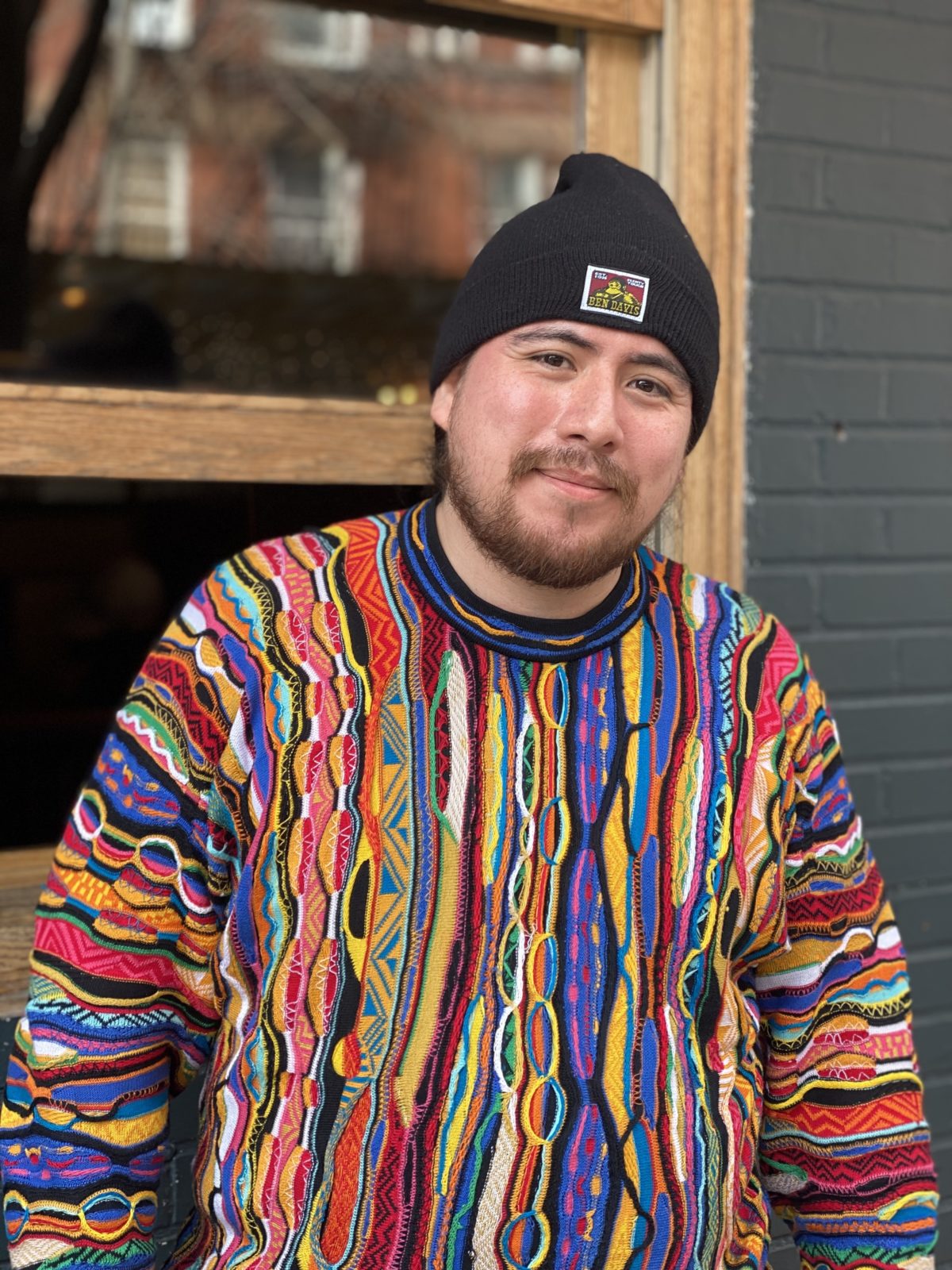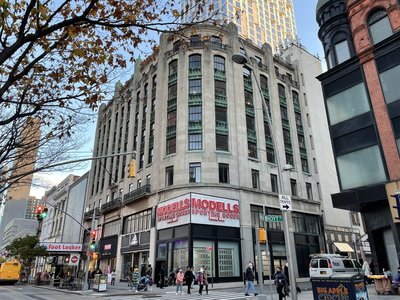Greenpoint resident find calling in cooking

Robert Valle, a Greenpoint native, found his life’s calling in cooking.
By Mattthew Fischetti
mfischetti@queensledger.com
Robert Valle knows you need the right ingredients to make something special.
He first started flipping burgers at 17-years-old and from there worked his way up every position in the kitchen, from busboy to sous chef, and from the hole-in-the-walls to Michelin starred eateries, to eventually designing his own menus as an executive chef at noted restaurants like Diner in Williamsburg.
But he didn’t always have the right ones of his own.
Valle, 31, grew up in Greenpoint in a poor immigrant family. He didn’t have options for school. And still living in poverty wasn’t an option. So Valle, in his young teens and early twenties, got involved in gangs and selling drugs.
“Being a gang member and a drug dealer, you cause a lot of misery,” Valle said. “I wanted to rebrand myself in a way where I changed what I was in the past. Take all the bad that I’ve done, move forward and figure out how to only bring good from the acts that I commit and not feel bad, because of the past that I lived.”
Valle chose to devote his life to food and make becoming a chef his life’s work. It was mostly because of that fact that despite whatever was going on in his home – kids going crazy, parents being overworked and tired – the dinner table was where everyone would “shut up,” enjoy their food and be happy.
Valle doesn’t like the term “New American”–the cooking lingo for upscale restaurants that do new takes on classic dishes. He prefers to call it New York-style inspired. From the elote carts to the hole-in-the-wall Polish joint he grew up eating in the slice of north Brooklyn he calls home, to the Uzbeki or Taiwanese places he now visits–it’s all inspiration.
“All these meals have inspired my food. I feel like with food that’s the only way that you can be inspired. By eating all these different dishes and like exploring the world around you without actually having to travel,” Valle said.
Valle takes his New York Style cuisine seriously. After being introduced to farm-to-table cooking at One Stop Beer Shop, Valle has not turned his back. Seeing the level of care that went into the food there, from picking out every garnish to the creation of the final project, is what got Valle serious about cooking and permanently giving up his drug-dealing past.
While it can create challenges to make traditional dishes from around the world by shopping at the Greenpoint market or from Empire state farmers, Valle says that it also pushes him to think about his dishes in interesting ways by figuring out to work with what he has.
“It [seeing farmers talk about their produce] made me start to see that that was the route that we have to go. Providing for the people within your community instead of buying stuff from Mexico and supporting like, Dole and all these conglomerate producers. There’s plenty of hard-working Americans who are in our own state that produce fabulous products and need our business,” Valle said.
Currently, Valle is working as a private chef while talking to some friends about potentially working full-time again at a restaurant. On April 5, he will take over the menu at Rolo’s in Ridgewood, and is creating a menu heavily inspired by his Guatemalan roots.
Whenever Valle’s family would visit him in the states, his extended family would bring a suitcase full of treats. The first thing he would devour every time was fried chicken from Pollo Compero – or as Valle calls it “G.F.C. baby”, Guatemalan fried chicken. And it is going to be his signature dish for his one-night takeover of Rolo’s.
He’s tried cooking it a few times for his personal friends but this will be the first time he will be cooking it professionally – as the spices needed are hard to source from Guatemala.
The menu will also feature side dishes including several different types of ceviche inspired from different Latin American countries; a grilled corn dish with lime mayo; a pickled relish with corn, hot chili, carrots, cilantro and feta cheese;plátanos maduros; a slaw; mashed potatoes; and even a flan for dessert.
While Valle is staving away at the Queens restaurant, he won’t forget his Brooklyn Roots. He doesnt ever. Especially while cooking. Because on the inner palm of his left hand is a tattoo of a hard eight – the four and four dice roll – to remind himself that nothing good in life comes without hard work. Nothing worth celebrating, at least.
Valle always had the ingredients. It just took him a while to find out the right way to cook them.











